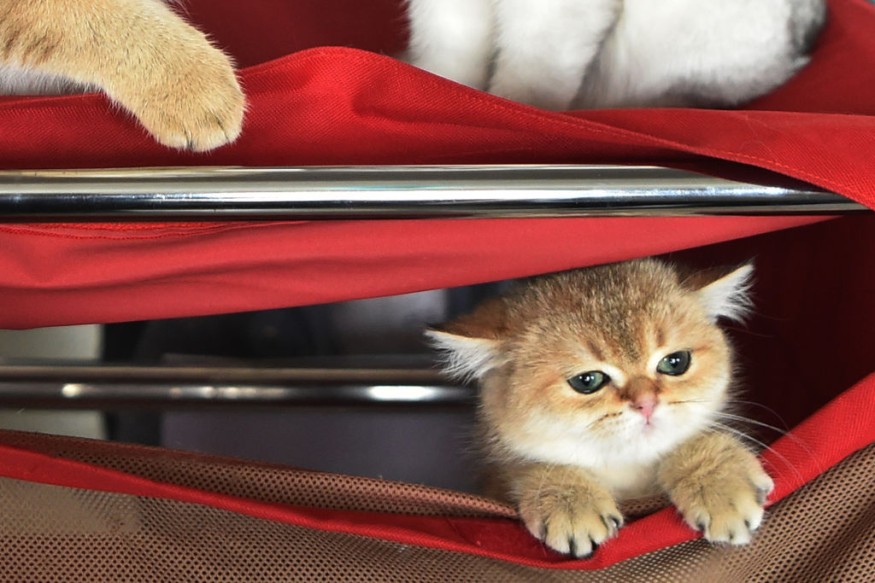
Cats may appear distant and act as though they are on a different level of presence over poor mortal, however, cats seem to be more ubiquitous than humans realize.
Researchers have determined that cats form strong bonds with living creatures in current history. These intelligent organisms might converse with us, and they could potentially follow human motions while humans are not present.
Cat's Ability to Recognize Other Cat's Names
Cats can know their unique identities, and current findings demonstrates that this furry skill extends far deeper than researchers previously thought.
According to latest research posted under the Scientific Reports, cats, in regards to recognizing their own identities, seem to identify the identities of fellow kitties they're acquainted with, and may even remember the identities of individuals who lives in the respective homes.
Experts researched kittens who resided in multi-cat households, whether residential kittens whom dwelt with various cat in a multi-cat family or kittens who stayed in cat cafes in Japan, where guests can engage with the various kittens who reside there.
The group believe that kitties discover these types of name-face connections by monitoring following interplay in household, and that kitties residing in cat bistros - enveloped by conceivably large numbers of felines, not to cite a flow of sentient outsiders accessing the café - may not have the same prospects to communally grasp those certain cats' identities, as per Science Alert.
During the assessments, the investigators does demonstrate a cat's portrait on a software display alongside an illustration of a recognizable cat from the same housing.
Kitties from the cat restaurant, on the other hand, does not display the same postponement at the virtual machine during the trial, possibly since they resided in homes with several other felines, rather than just a few and were therefore less accustomed with the recommended company's cat.
Furthermore, the authors also conclude in their manuscript that solely residential kitties predicted a particular cat face only by hearing the cat 's title, implying that they paired the response cat 's title and the covered entity.
Japanese Study on Cat's Recognition of Their Names
Experts view on the situation is that kittens that live with persons do have chance to listen their titles called than cats who live with lesser number of individuals, and residing with a household for an extended period of time amplifies this exposure.
At the moment, kittens appeared to pay somewhat more attention to the display screen when the picture and title did not fit, however this impact was stronger in houses with more adults and in families where the cat previously been with the group for a prolonged period of time.
The Asahi Shimbun also reported that the study discovered that cats from traditional families devoted more time glancing at the computer display throughout the experimental scenario, maybe as they were bewildered or interested by the model cat's picture and title discrepancy.
Whilst experts believe their investigation demonstrates the first substantiation that domesticated animals connect sentient interjections and their sociocultural connotations through daily life, it's valuable mentioning that this is still relatively narrow research, which is only encompassing just myriad of cats, so the findings warrant duplicate in additional investigation, as shown in the study posted in the website of Science Direct.
While the creatures in the research seemed to identify identities and appearances (for both known individuals and other cats), researchers still don't know how they acquire that relationship in their actual situations.
Related article : Kind Household Adopts Abandoned Puppy, Turns Out to Be a Baby Coyote
© 2025 NatureWorldNews.com All rights reserved. Do not reproduce without permission.





